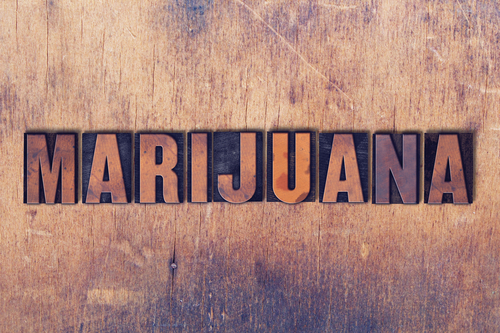Marijuana legalization is spreading. With the growing trend of consuming marijuana for medicinal purposes in addition to recreational purposes, there is a growing concern for marijuana addiction. For many years, marijuana was not considered to be addictive. However, what marijuana was in the past is not what it is today. Thanks to scientific engineering and selective agricultural breeding, marijuana is more potent and impactful today than it has been in previous years. Marijuana’s effect on the brain has resulted in more addiction cases, leading the DSM, the Diagnostic and Statistical Manual of Mental Disorders, to list “marijuana use disorder” under its section of substance use disorders, or, addictions.
Despite a plethora of research and real life experiences which indicate that marijuana is addictive, many argue against labeling marijuana as addictive so as not to impede on the medical movement. Many of the components of addiction are present in marijuana use disorder, like developing a tolerance- needing to use more of the substance to achieve a similar or greater effect- and experiencing symptoms of withdrawal, both mentally and physically. Most addiction, however, is marked by the looming possibility of overdose.
To date, not a single overdose has been recorded as a result of marijuana consumption. In fact, scientists have determined that overdose on marijuana is physically impossible. According to a 1988 hearing for the Drug Enforcement Administration presided over by Judge Francis Young, “…in order to induce death a marijuana smoker would have to consume 20,000 to 40,000 times as much marijuana as is contained in one marijuana cigarette.” The document continues to explain that “A smoker would theoretically have to consume nearly 1,500 pounds of marijuana within about fifteen minutes to induce a lethal response.”
Though marijuana does not cause overdose, it does cause the development of a tolerance and the experience of withdrawal symptoms. Marijuana, like all mind altering substances, causes a surplus in the production of a brain chemical called dopamine which signals pleasure throughout the brain. The brain becomes addicted to the production of pleasure and directly associates the ability to produce that pleasure to marijuana. Behaviorally, marijuana becomes the answer for dealing with all of life’s stressors. Being chronically under the influence of marijuana seems as harmless as a stereotype “stoner”. Someone chemically dependent on marijuana will continuously find themselves struggling in multiple areas of life. Their struggles are caused by their use of marijuana and their inability to stop using marijuana. Quality of life can be significantly impaired when it is dictated by the use of any mind altering substance, marijuana included.
At Tree House Recovery, we’re helping men find freedom from addiction. Our treatment programs create sustainable change for sustainable recovery by helping men find their strength in body, mind, and spirit. For information on our Orange County programs, call us today: (855) 202-2138






